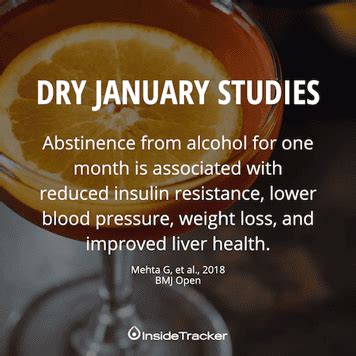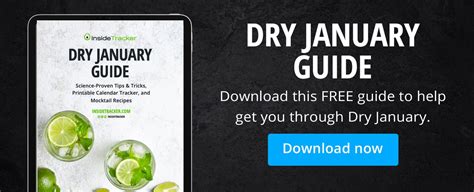April 27, 2024, 7:40 am
Dry January: Experts Advise Caution on Benefits
January is a time for reflection and change. People often try to start the new year off right by making healthy choices, and one popular way to do this is to take part in Dry January. This is a month-long pledge to abstain from drinking alcohol, and there are many purported benefits, including weight loss, better sleep, and increased energy.

However, a new study suggests that Dry January may not be as beneficial as people think. The study, which was published in the journal Addiction, found that people who participated in Dry January were no more likely to reduce their alcohol consumption in the long term than those who did not participate. The study also found that people who participated in Dry January were more likely to experience negative side effects, such as anxiety and depression.

The lead author of the study, Farhad Islami, said that the findings suggest that Dry January is not a realistic or effective way to reduce alcohol consumption. He said that people who want to cut back on drinking should seek professional help.

"Dry January is a popular tradition, but our study suggests that it is not an effective way to reduce alcohol consumption in the long term," Islami said. "People who want to cut back on drinking should seek professional help."
The study included over 900 people who were recruited from the general population. The participants were randomly assigned to either participate in Dry January or to continue drinking as usual. The participants were followed for one year after the study ended.
The results showed that the participants who participated in Dry January were no more likely to reduce their alcohol consumption in the long term than those who did not participate. The participants who participated in Dry January were also more likely to experience negative side effects, such as anxiety and depression.
The findings of this study suggest that Dry January is not a realistic or effective way to reduce alcohol consumption. People who want to cut back on drinking should seek professional help.